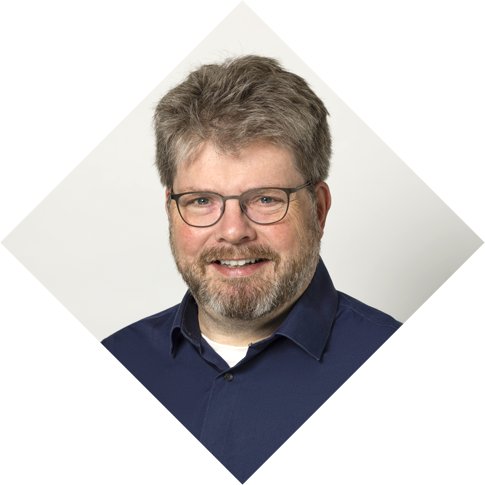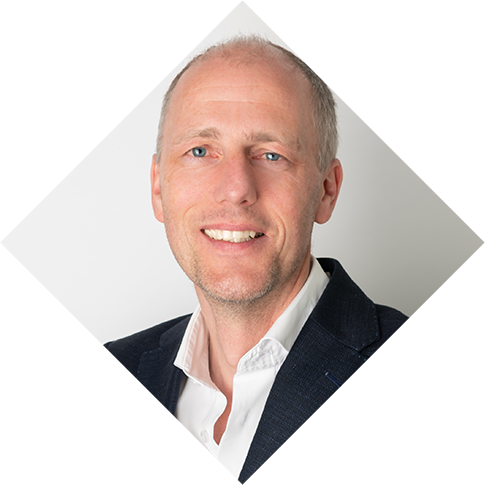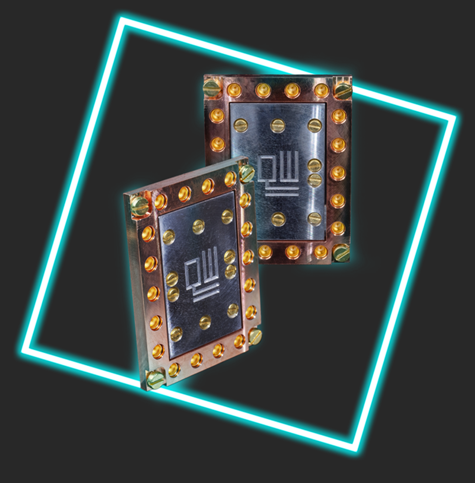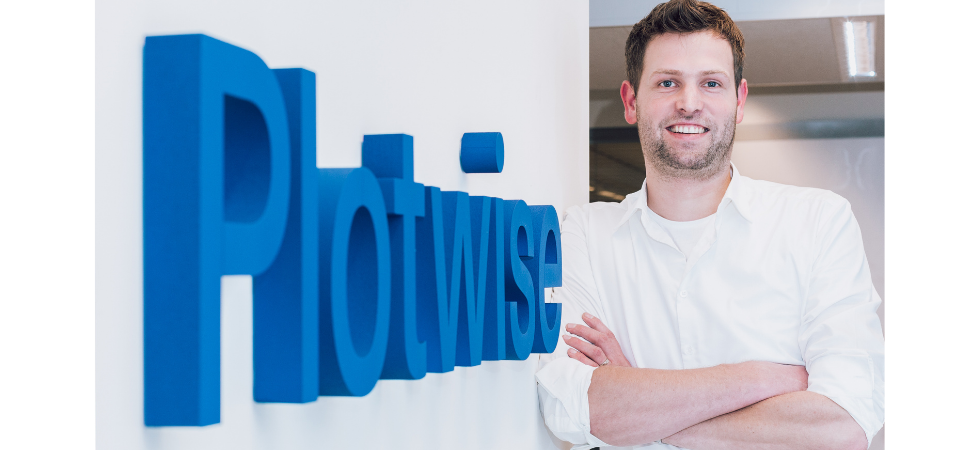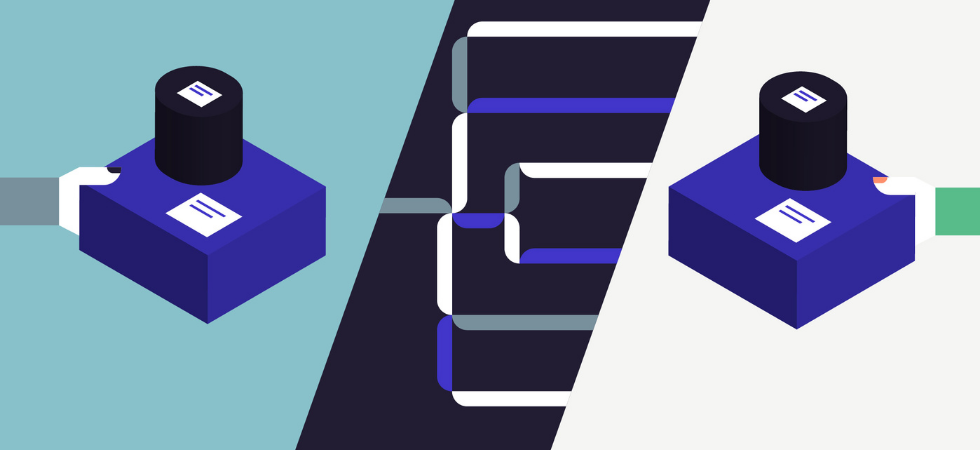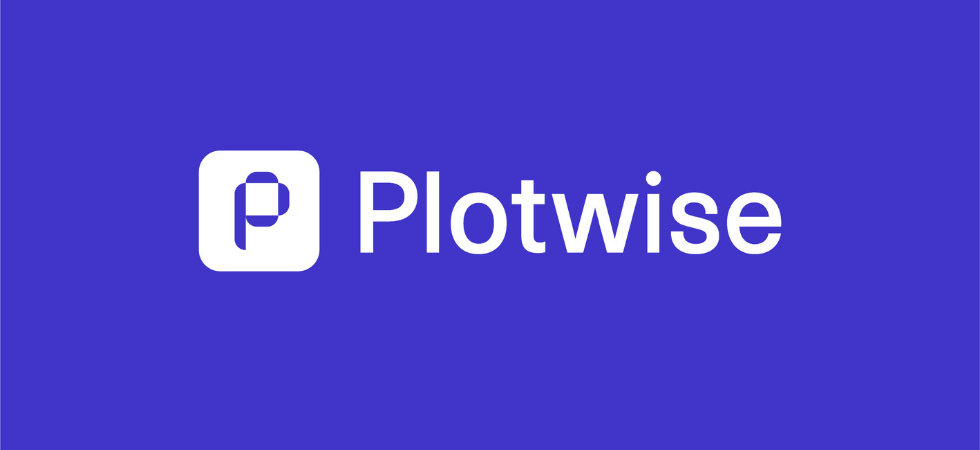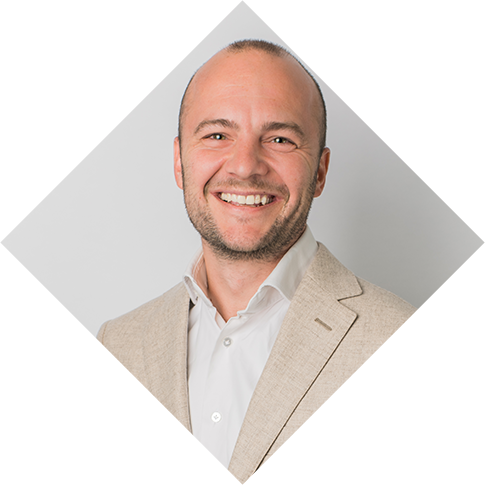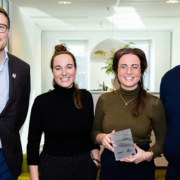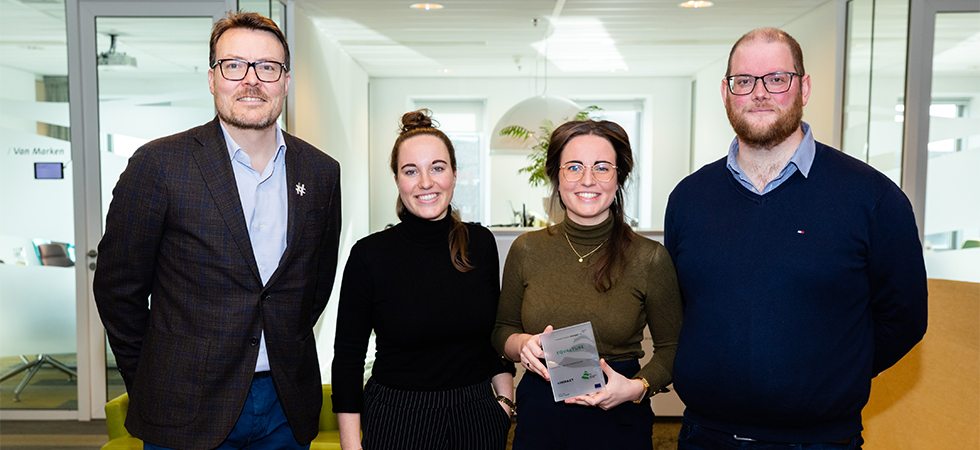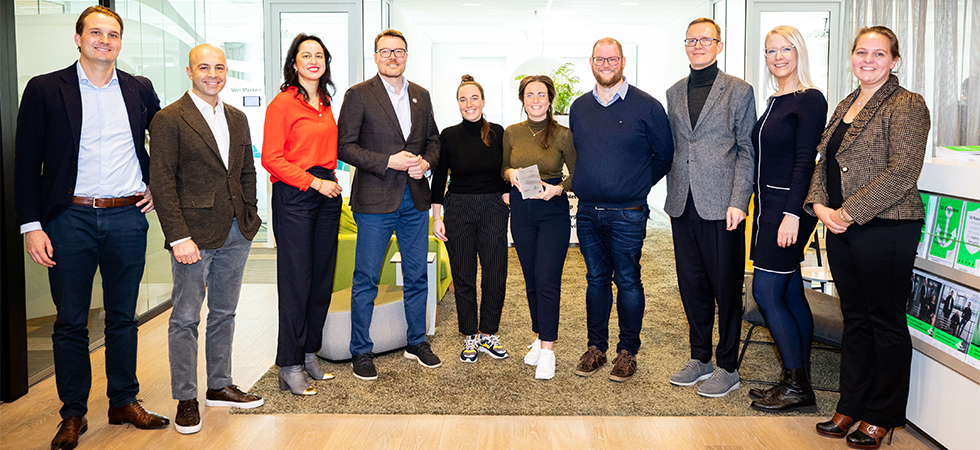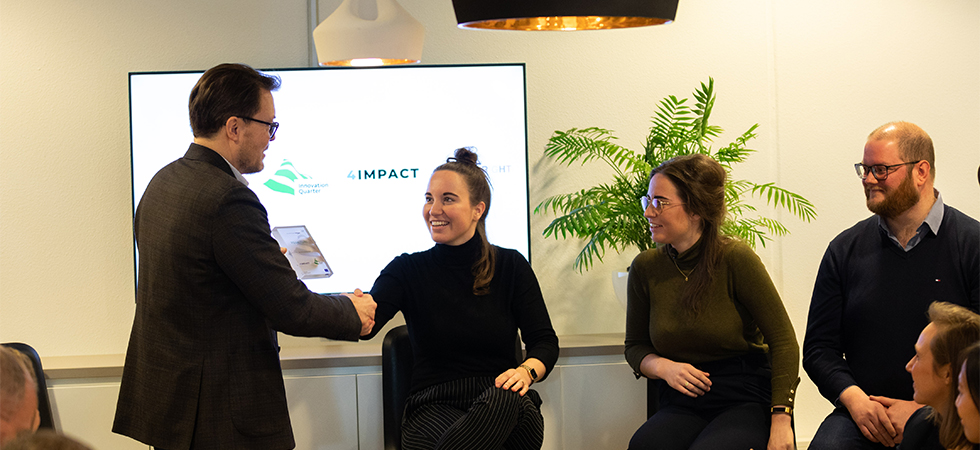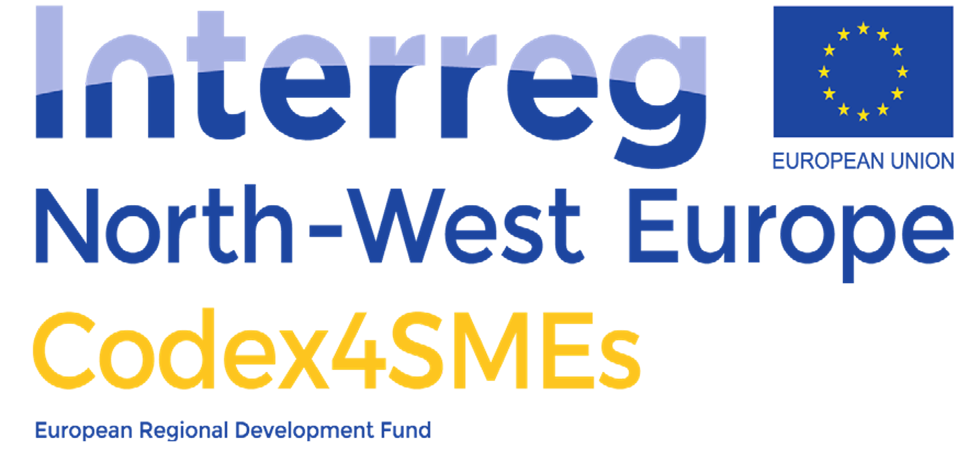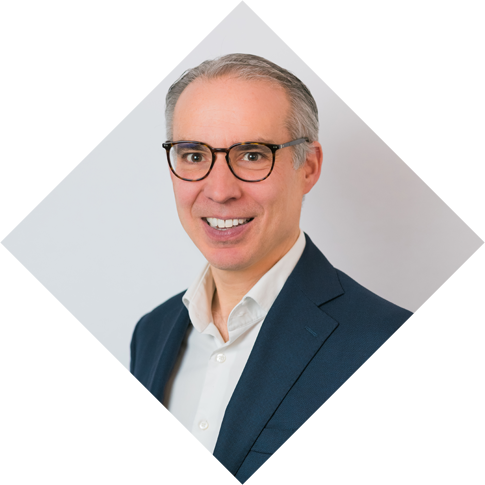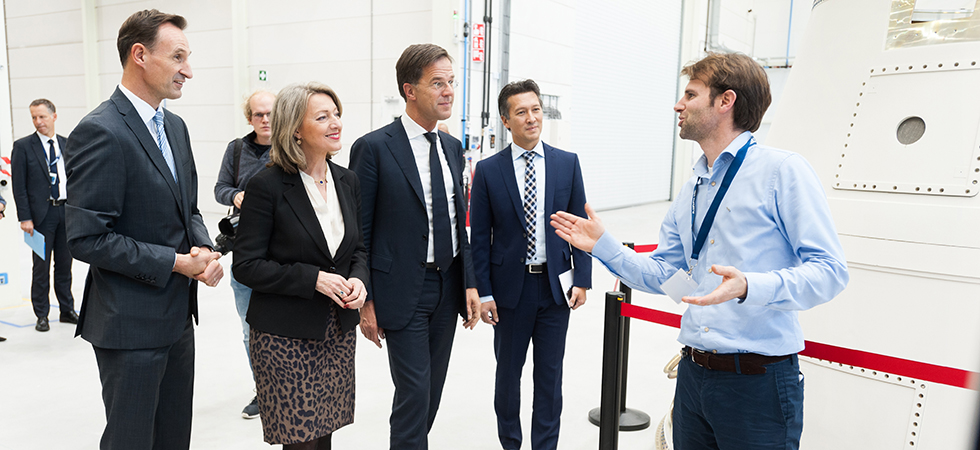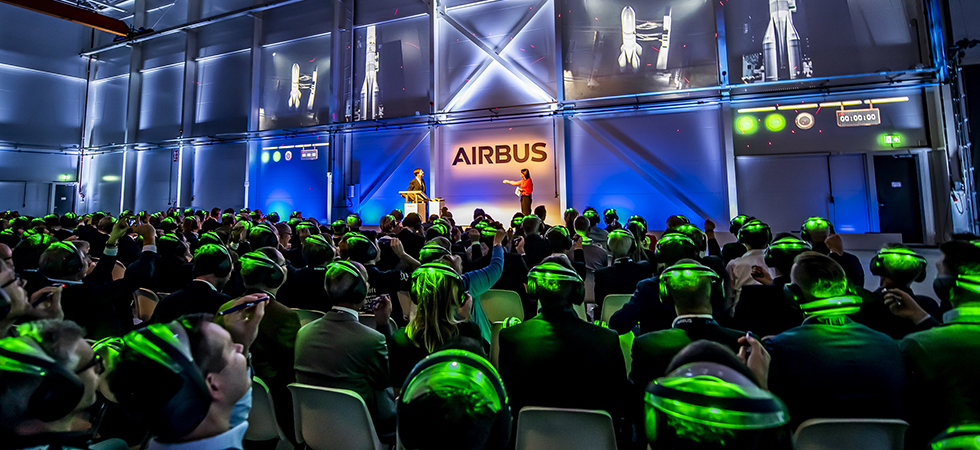Are you a driven entrepreneur with an innovative technological solution for healthcare? We have good news for you! Starting from April 15th, a new subsidy round opens within the ZorgTech program. Kansen voor West is making a total of €1.2 million available for innovation projects. This round offers SME entrepreneurs in South Holland with a technological innovation in healthcare the opportunity to receive up to €50,000 in subsidy for the development and testing of their solutions.

Who is eligible for the round?
The voucher round of Kansen voor West is intended for SME entrepreneurs with a technological innovation in healthcare. Affiliation with the province of South Holland is required.
Terms and selection criteria:
- Alignment with the ZorgTech innovation program: maintaining accessibility and organization of healthcare; replacing, preventing, and/or relocating care and confidence in the technological, economic feasibility of the solution.
- Added value for South Holland: relevance to the ecosystem and expected growth of the company.
- Quality of the project: quality of the application, feasibility of the project, composition of the project team, and realistic budget.
For more information on the terms and selection criteria, visit the Kansen voor West website with the official opening of the voucher round.
Fieldlab testing or real-life testing
In this round, vouchers can be requested for the development and testing of your innovation in a field lab or living lab environment (field lab testing) or in a practical environment (real-life testing). Together with a field, living lab, and/or healthcare organization, you can form a project consortium and submit your project plan.

How do I apply for a voucher?
On the ZorgTech program page, you can sign up via the intake form if you are interested in the voucher. Describe your innovation in this form in a maximum of 300 words. Then we will contact you for an intake. During this intake, you will meet one of the members of the program team, introduce your company and project idea, we will think along with you about potential project partners, and explore whether this fits into the voucher round or whether other steps are more appropriate. If your project is deemed suitable, you can start submitting your application. Throughout this process, we are here to support you.
ZorgTech Innovation Program
We face significant challenges: keeping healthcare affordable, accessible, and organized. Technology can play a crucial role in this. With the ZorgTech innovation program, we promote innovation in healthcare and support entrepreneurs in applying their technological solutions in practice and accelerating them to the market. These solutions not only improve quality of life but also bring care closer to home, help patients take control of their health, and alleviate the workload of healthcare professionals and caregivers. From smart hardware to advanced software, our focus is on diagnosis, prevention, monitoring, and treatment of diseases.
In addition to financial support in the form of these vouchers, the ZorgTech Innovation Program also provides guidance in the growth of your company. Participation in this program also gives you access to an extensive network of other entrepreneurs and experts, such as field and living labs, and healthcare institutions.
Experiences of previous participants
“The ZorgTech voucher gave a great start to our project, and thanks to the voucher, we were able to further develop SmartCOPD, making the application more usable for our target group in geriatric rehabilitation.” – Leonoor van Dam van Isselt, LUMC.
Tim van den Ing, Rollz, says: “the voucher was a great way for us to create the necessary involvement with the healthcare organization, and it gave that decisive push to really get in there. Without the ZorgTech subsidy, we wouldn’t have been able to experiment with the prototype in the operational environment.”
Interested in a voucher and participation in the ZorgTech Innovation Program? Visit the ZorgTech program page and sign up via the form.
This program is an initiative of the Province of South Holland, Metropolitan Region Rotterdam The Hague, Medical Delta, TNO, and InnovationQuarter. The subsidy of the Innovation Program ZorgTech is made possible by Kansen voor West 3.
Questions about the voucher round or about ZorgTech?
Feel free to contact me.



